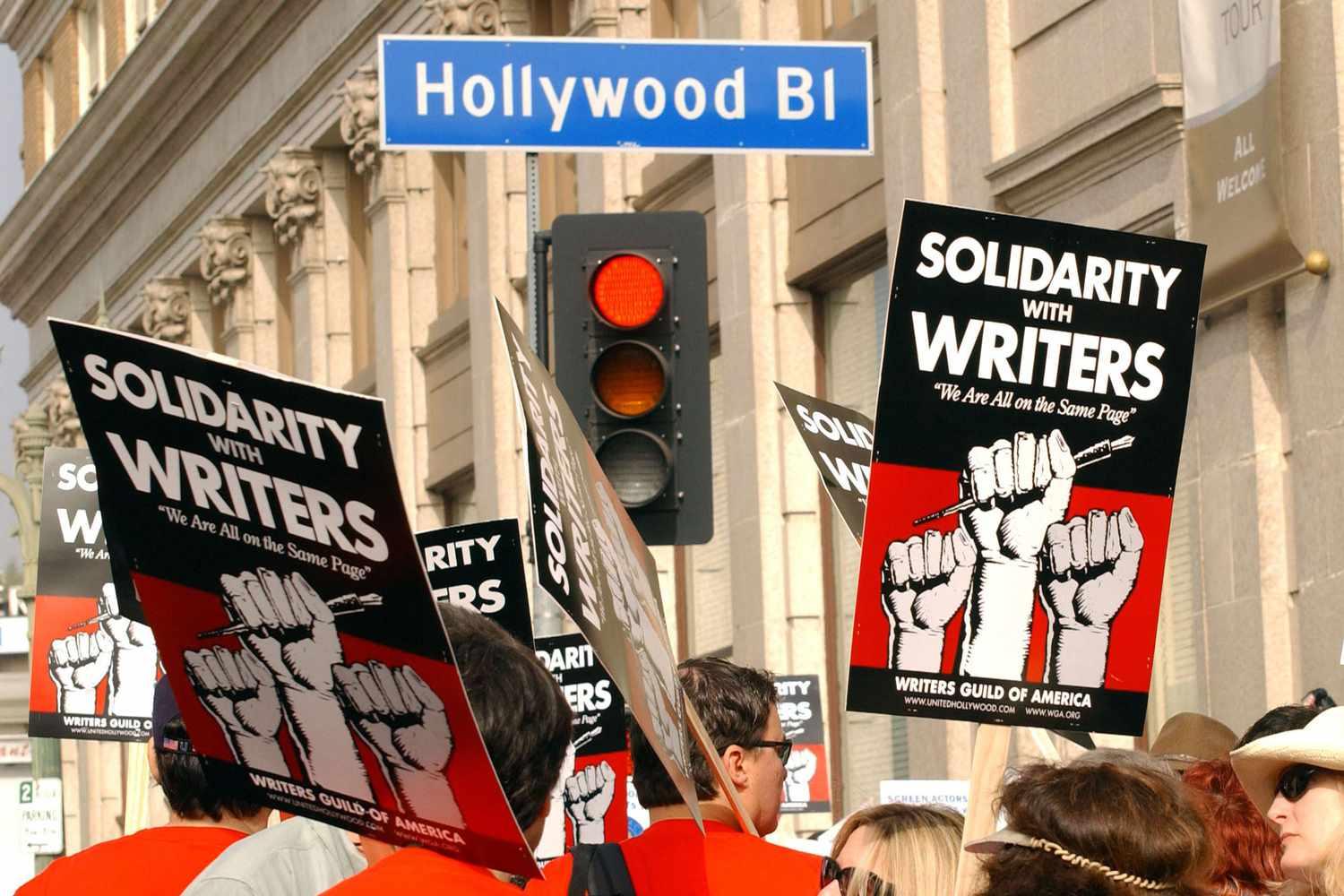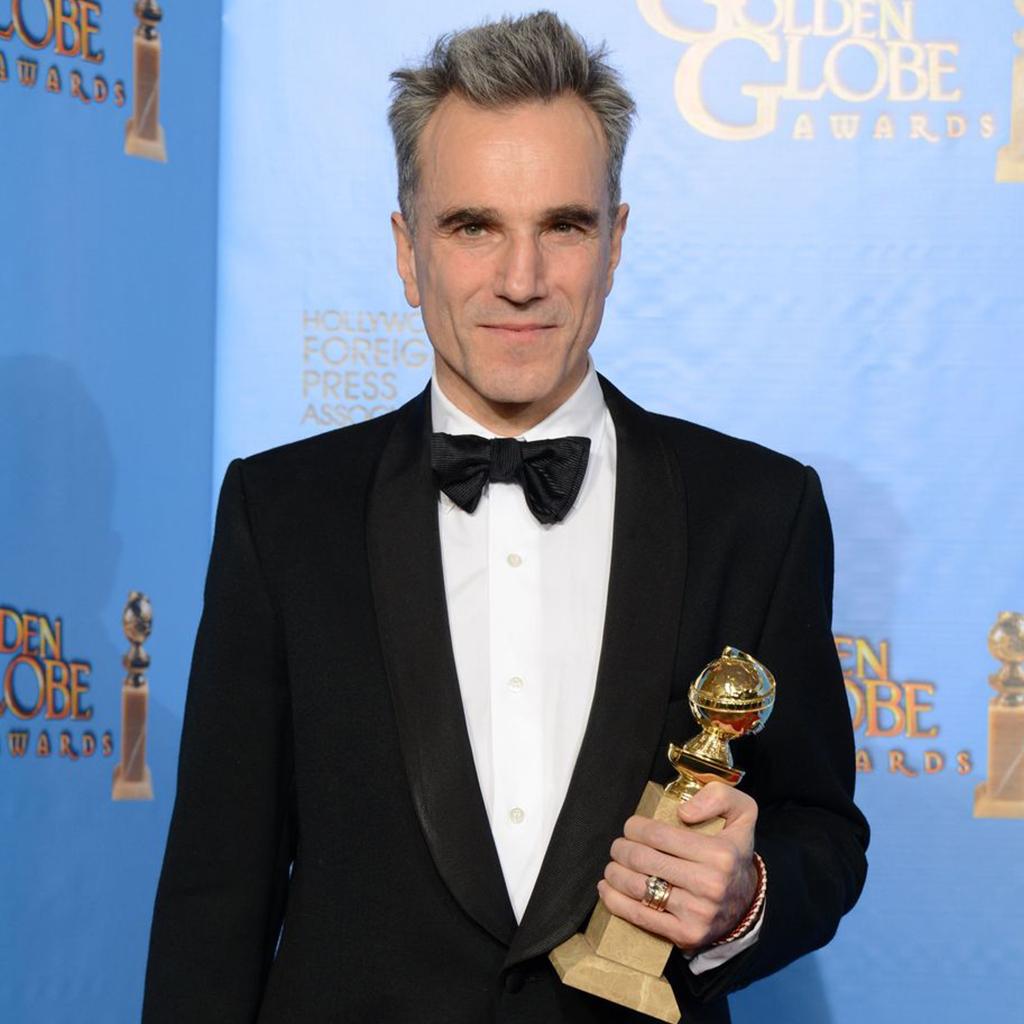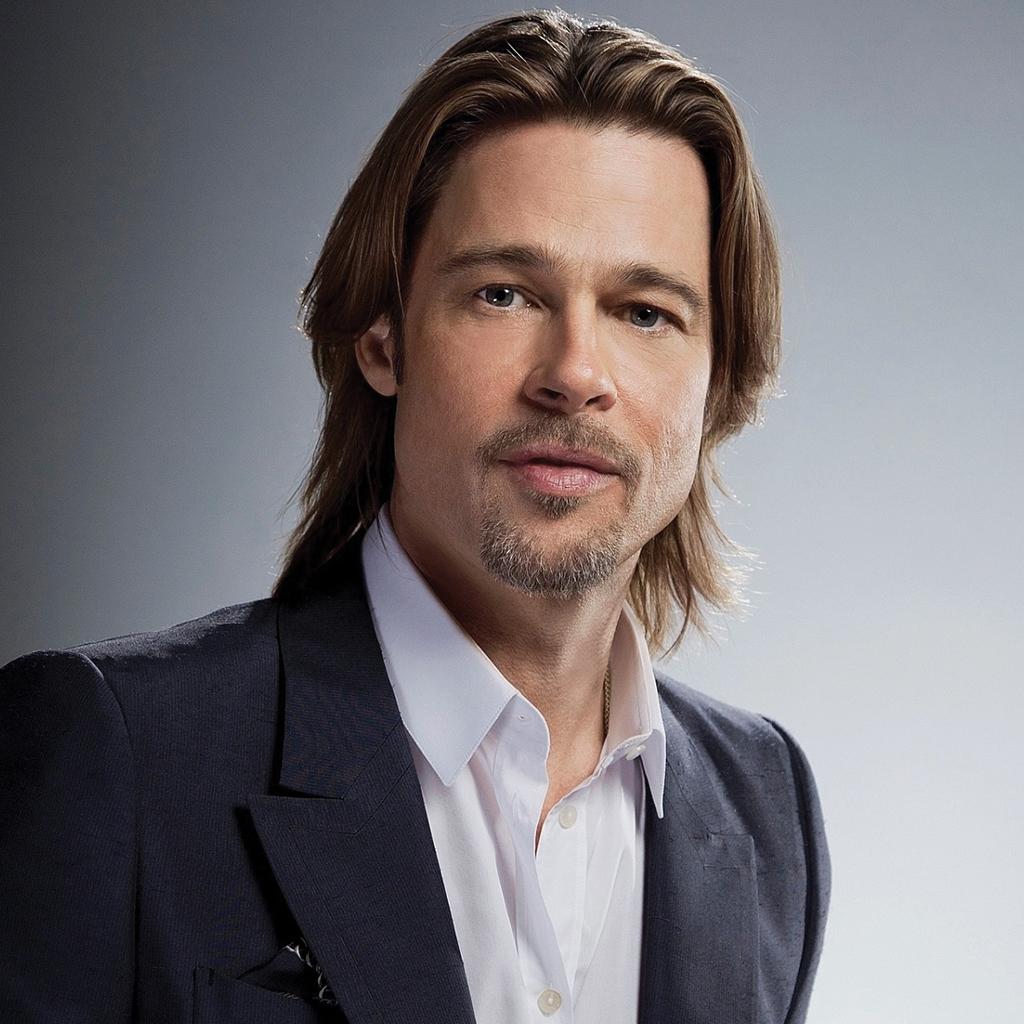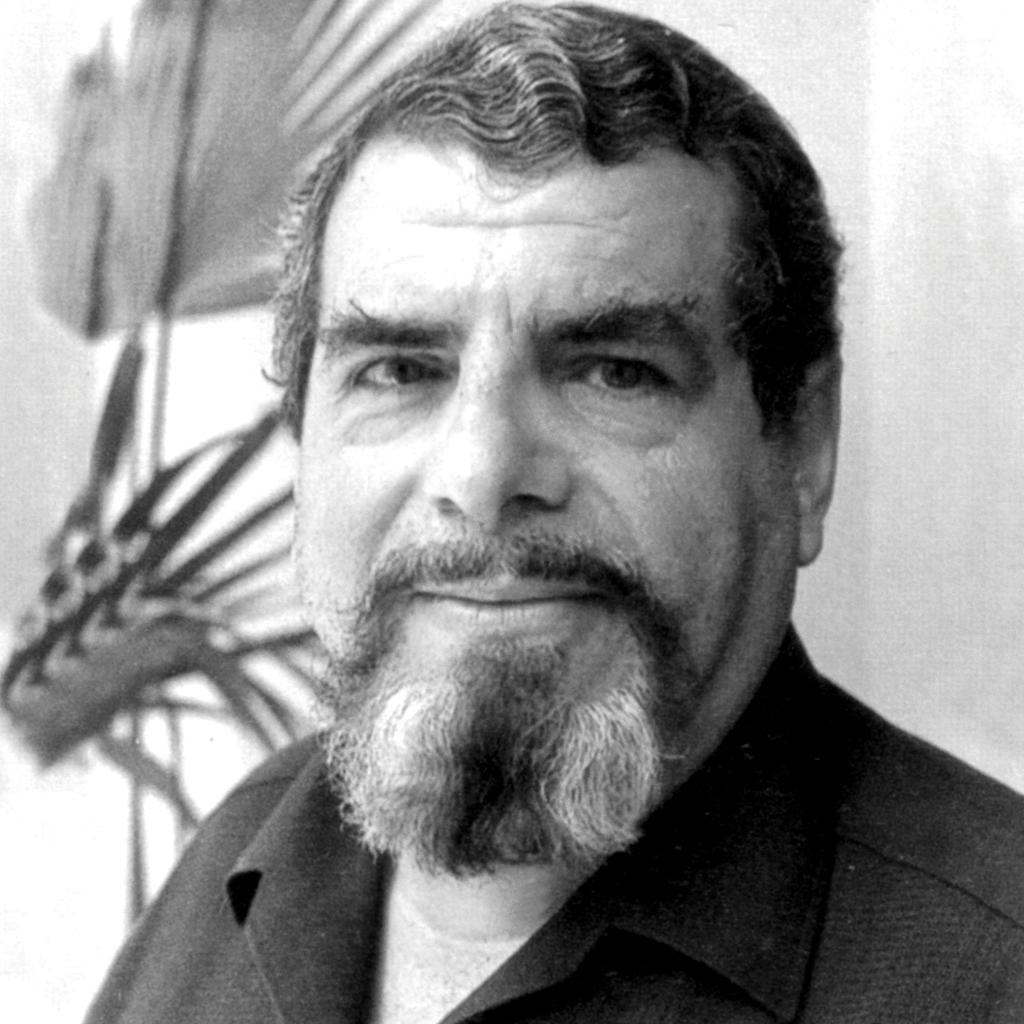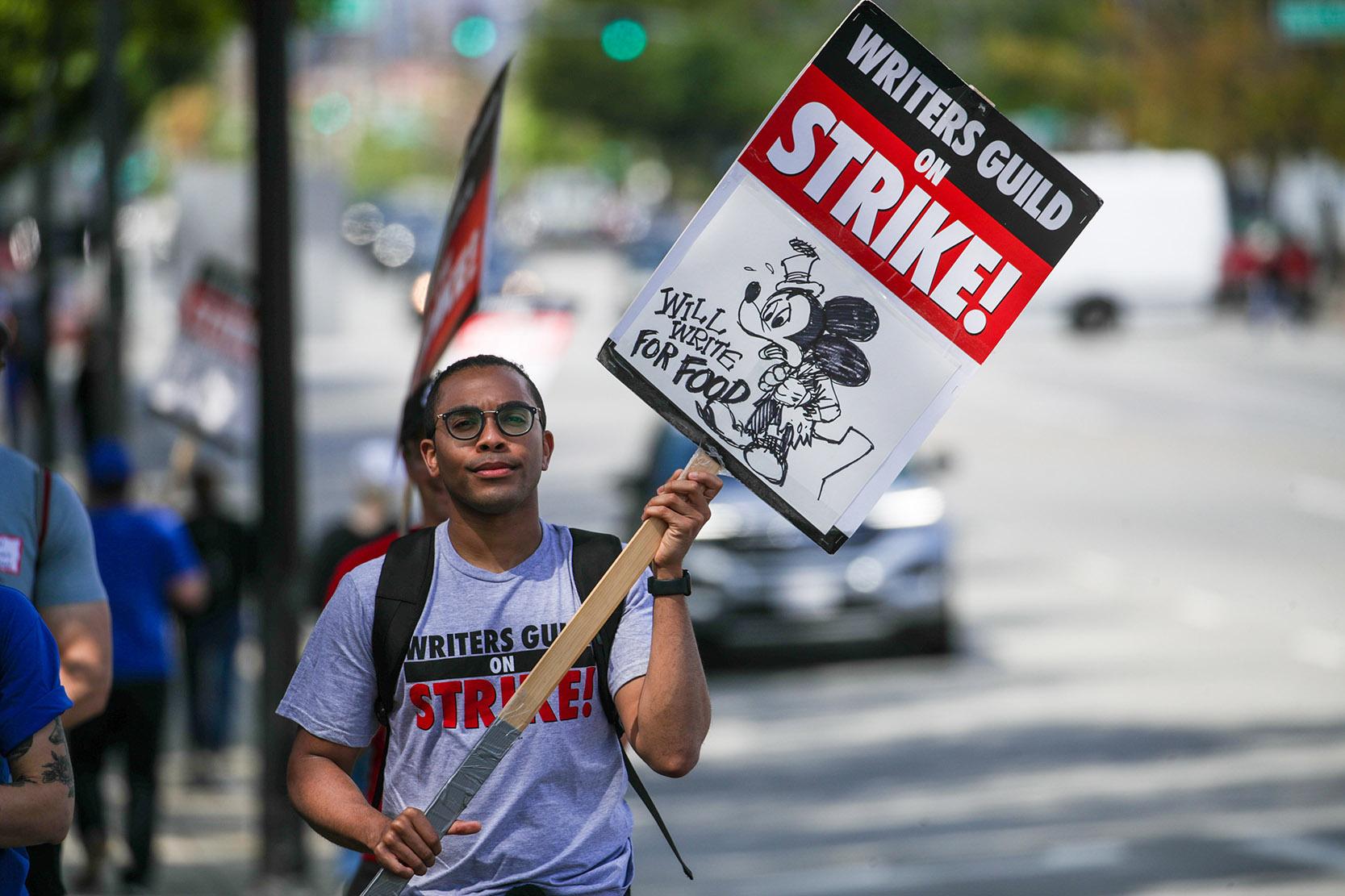
Written by: Mahmoud Demerdash
Date: 2023-09-26
The Enigma of AI in Hollywood: Within the Writers and Actors Strike
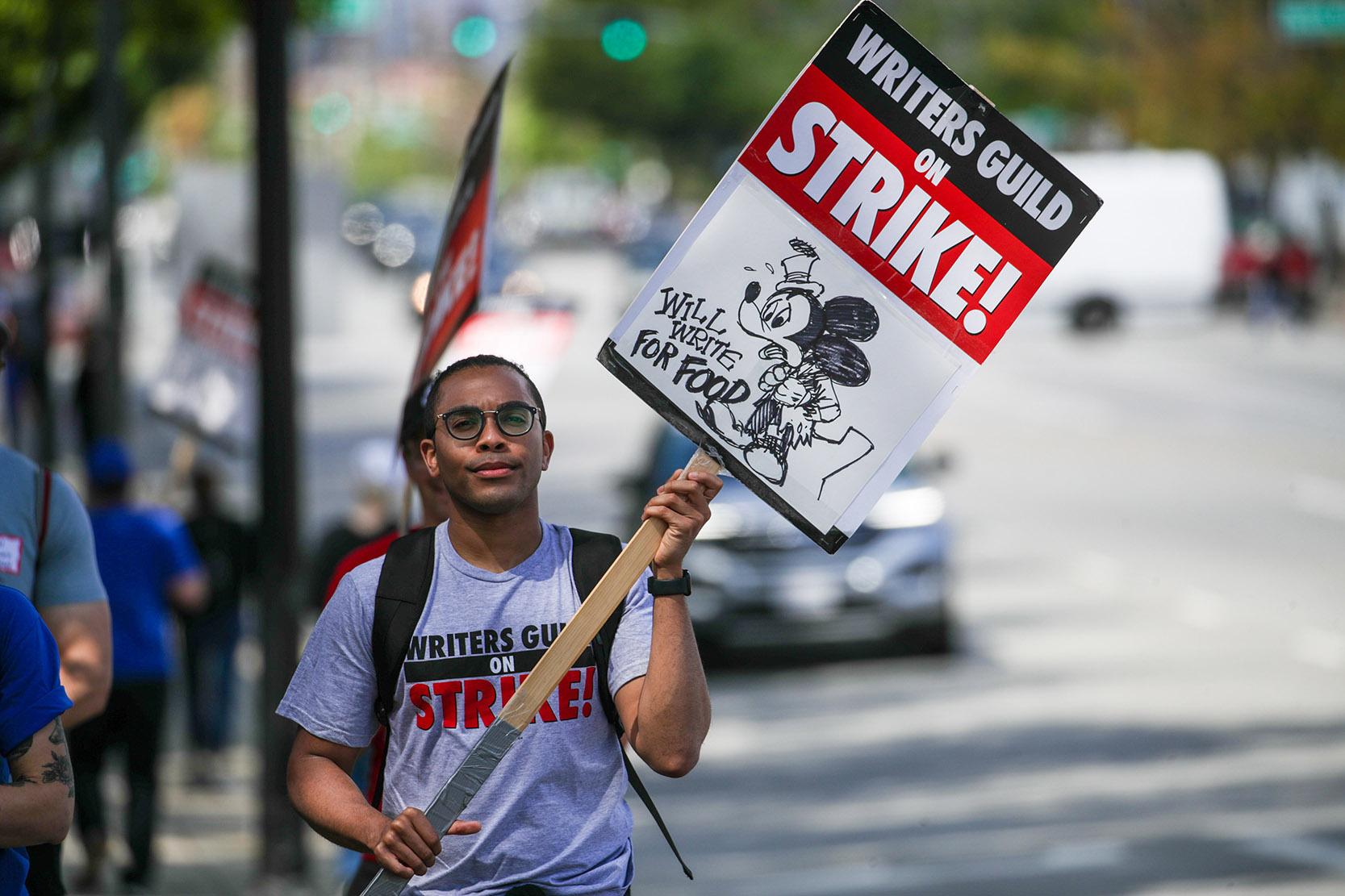
The Enigma of AI in Hollywood: Within the Writers and Actors Strike
In the previous edition, He Magazine delved into the global reaction to AI's use in education and the efforts of national governments to regulate its influence. The attention has shifted towards a different dilemma: AI's potential to replace human jobs within the media industry. Specifically, the ongoing writer and actor strike that is currently making waves across the globe and halting all media production within the United States across every big studio outlet. This strike presents a unique lens through which to analyze the intricate relationship between ever-developing automation, its potential for creativity, and the livelihoods of those in the entertainment field.
A different kind of drama is unfolding within the realm of lights, cameras, and action. The US film industry, a behemoth in global entertainment often associated with success and influence, is currently grappling with a significant disruption. The ongoing writers' strike, spearheaded by the Writers Guild of America (WGA), and the actors' strike that soon followed, headed by the Screen Actors Guild – American Federation of Television and Radio Artists (SAG-AFTRA), sheds light on the instability within Hollywood. The transition from traditional broadcast networks to streaming platforms has profoundly reshaped the entertainment industry's landscape. Streaming platforms have significantly reshaped the conventional power dynamics within Hollywood. Through features like global accessibility, on-demand viewing, and data-driven insights, within the last thirteen years, these platforms have marginalized traditional broadcast studios and amplified the influence of multimedia companies, effectively restructuring the industry's hierarchy. While unquestionably instrumental in expanding the industry through amplified budgets, a surge in acting jobs, and technological innovations, the proliferation of streaming platforms has also opened the door for the introduction of artificial intelligence into the entertainment sector. This development has triggered a wave of skepticism among industry insiders, raising valid concerns about the potential impact on their professional futures.
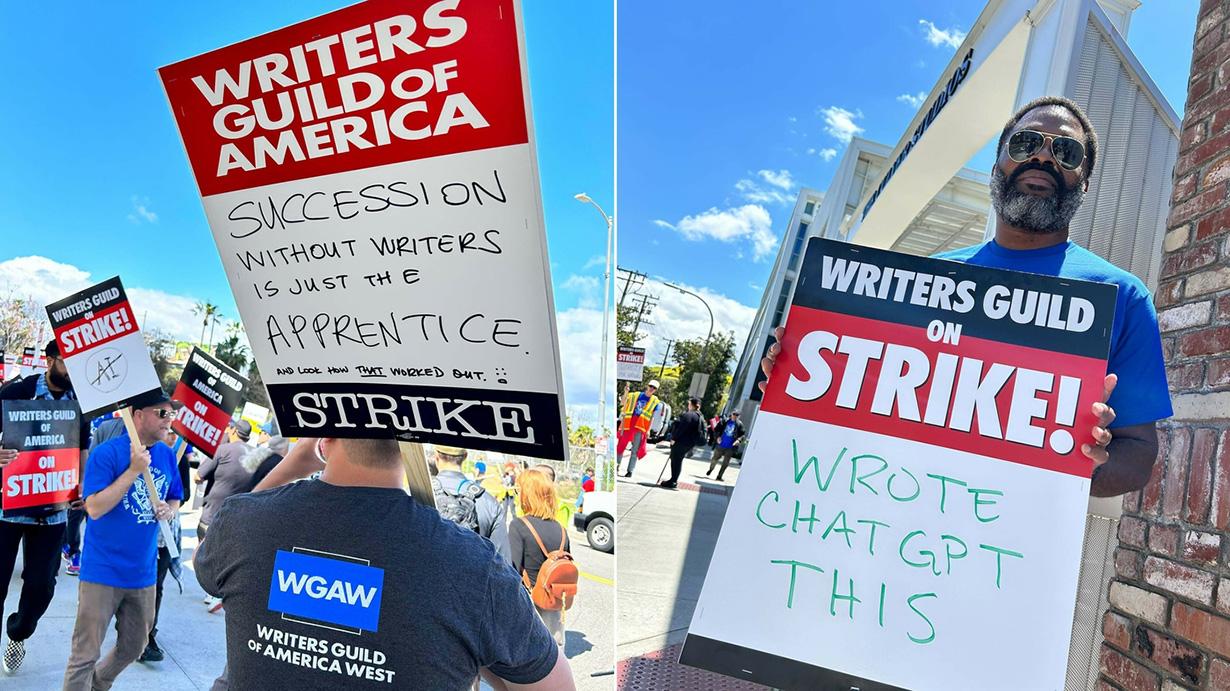
The ongoing strike powerfully asserts the Writers Guild of America's (WGA) determination to establish clear boundaries for the involvement of AI in the creative process. This decision to strike over concerns linked to artificial intelligence reflects a profound uneasiness about the evolving role of AI within the entertainment industry's creative landscape. At the core of this unease lies the apprehension that the growing integration of AI tools, including prominent ones like ChatGPT, has the potential to intrude upon writers' creative autonomy and livelihoods. Writers are keen on establishing a clear distinction between their own contributions and those generated by AI. They seek to ensure that the content produced by automation isn't considered part of their work. As comedy writer Adam Conover highlighted in an interview with "TechCrunch," "Our proposal is that we not be required to adapt something that’s output by AI and that the output of an AI not be considered writers’ work. That doesn’t entirely exclude that technology from the production process, but it does mean that our working conditions wouldn’t be undermined by AI." This stance prompts reflection on whether AI, in its present state, possesses the capacity to replace human writers. Notably, writer Adam Conover has cast doubt on this possibility. As he pointed out in the "TechCrunch" interview, "The reality is that the current state of text-generation technology is entirely inadequate for producing any content fit for production." Major corporations are capitalizing on the potential of AI, currently using it to exaggerate its capabilities. This tactic is aimed at potentially downplaying the significance of human creative writers and undermining their role within the overall process, particularly during the ongoing strike negotiations. While the capabilities of AI in content generation, offering suggestions, and streamlining research are undeniably valuable, the WGA is taking an assertive stance to ensure that AI remains a complementary aid rather than a replacement for human ingenuity. Writers are apprehensive that the indiscriminate deployment of AI-generated content may dilute their narratives' uniqueness and erode the artistic qualities that define their craft. By advocating for AI to function exclusively as an assisting tool for writers, helping with research and brainstorming, the union not only aims to preserve the essence of storytelling that human creators infuse into the industry but also highlights the importance their role has in the creative content we so cherish as a society.
Coinciding recently with the Writers Guild of America's labor dispute, the strike by the SAG-AFTRA union has brought to the forefront an issue that pierces the heart of the entertainment world's future. The potential replacement of actors by integrating artificial intelligence (AI), this unprecedented strike spotlights the profound apprehensions of actors regarding the encroachment of AI-generated performers. As negotiations between Hollywood studios and the SAG-AFTRA union unfold, the anxieties surrounding AI-generated actors, often referred to as "metahumans," underscore the actors' fears of losing their creative roles to machines that are increasingly blurring the lines between reality and the virtual realm. While AI has yet to assume actors' roles, the industry's lack of commitment to job security and guaranteeing future opportunities for actors is a growing concern. Many within the industry recognize the urgency to take proactive measures, lest the landscape becomes bereft of ample job opportunities as technology evolves. In the recent installment of Black Mirror, titled "Joan is Awful," this theme is brought to life as a pivotal plot point. Notably, actresses Salma Hayek and Annie Murphy, along with actor Michael Cera, surrender their likenesses to the fictional entity "Streamberry," a play on the real-world streaming giant "Netflix." The storyline revolves around AI harnessing these likenesses to churn out a continuous stream of content for audience consumption without the actors' involvement. This apprehension is rooted in the prospect that AI might not only reshape the very nature of acting but also raise existential questions about the future of acting careers.
In an era marked by technology's relentless reshaping of every facet of our lives, the actors' and writers' strike emerges as a pivotal moment. As the situation unfolds, it represents a battle for creators' rights and initiates a broader dialogue concerning the intersection of AI and one of humanity's oldest crafts. Although necessary, the narrative goes beyond contractual intricacies, inviting a deeper contemplation about the delicate equilibrium between innovation and preserving the genuine human touch in creative expression.
